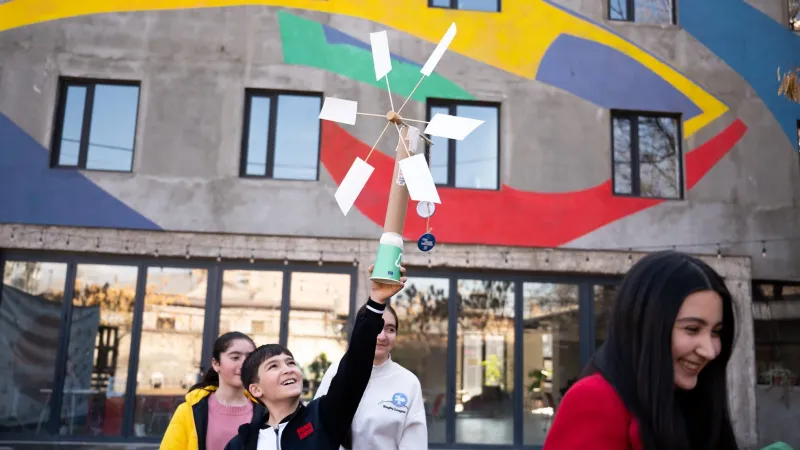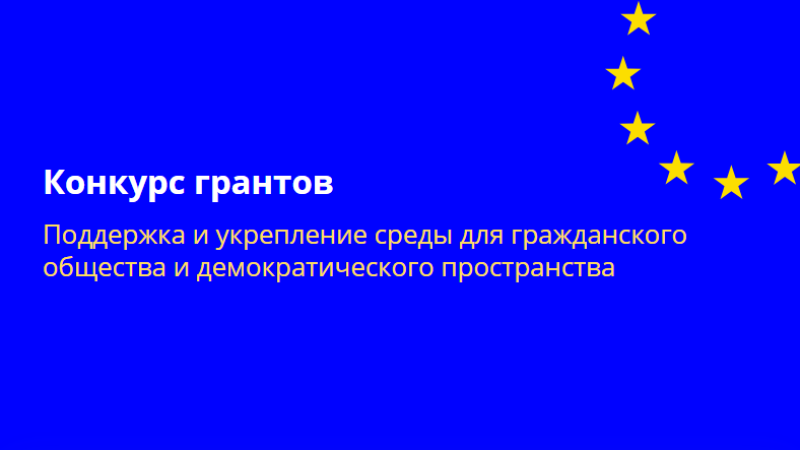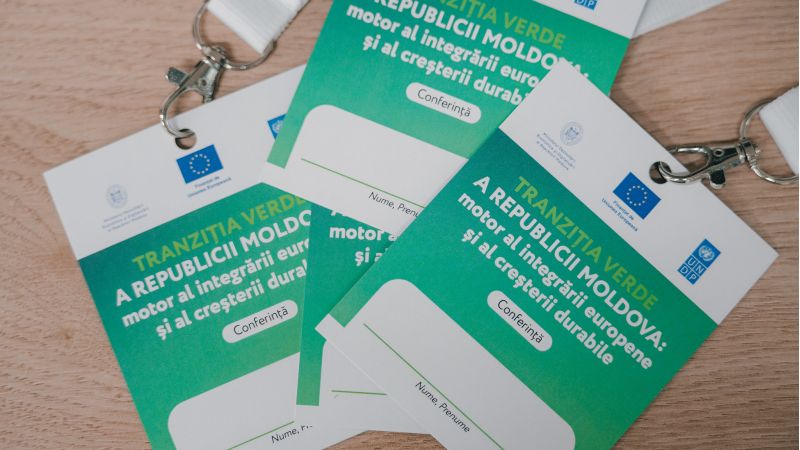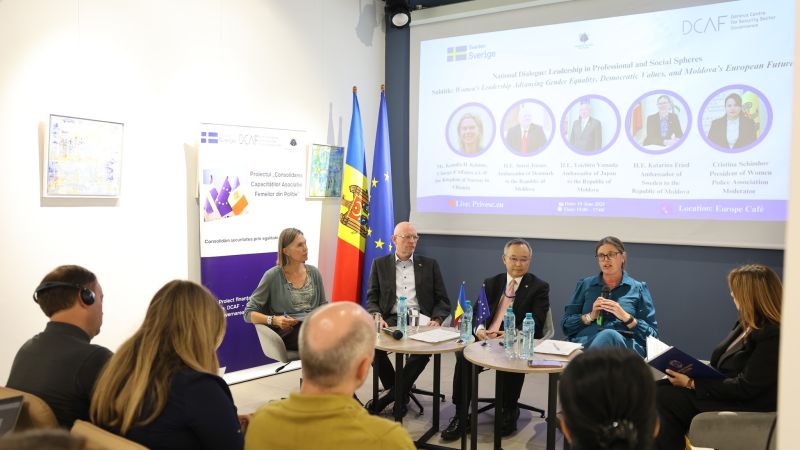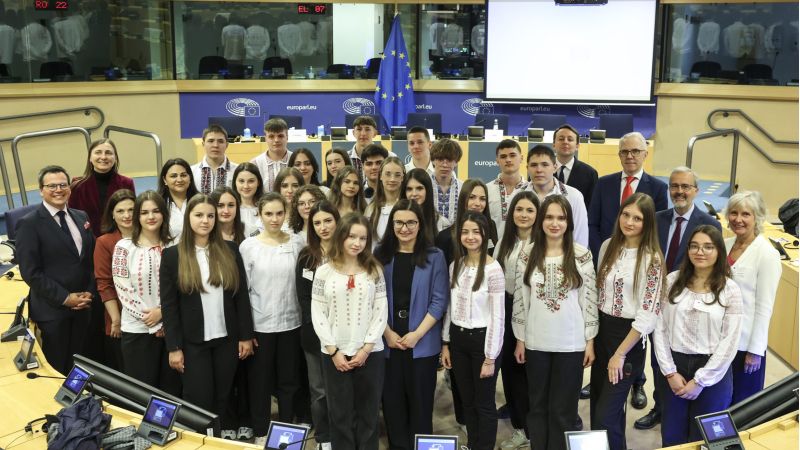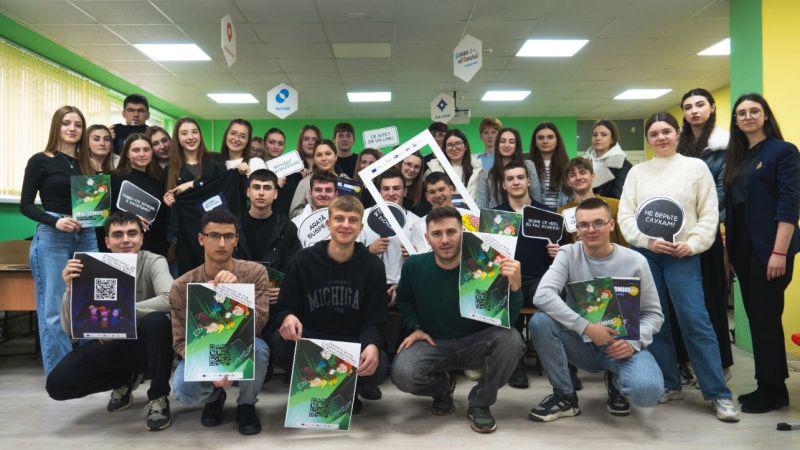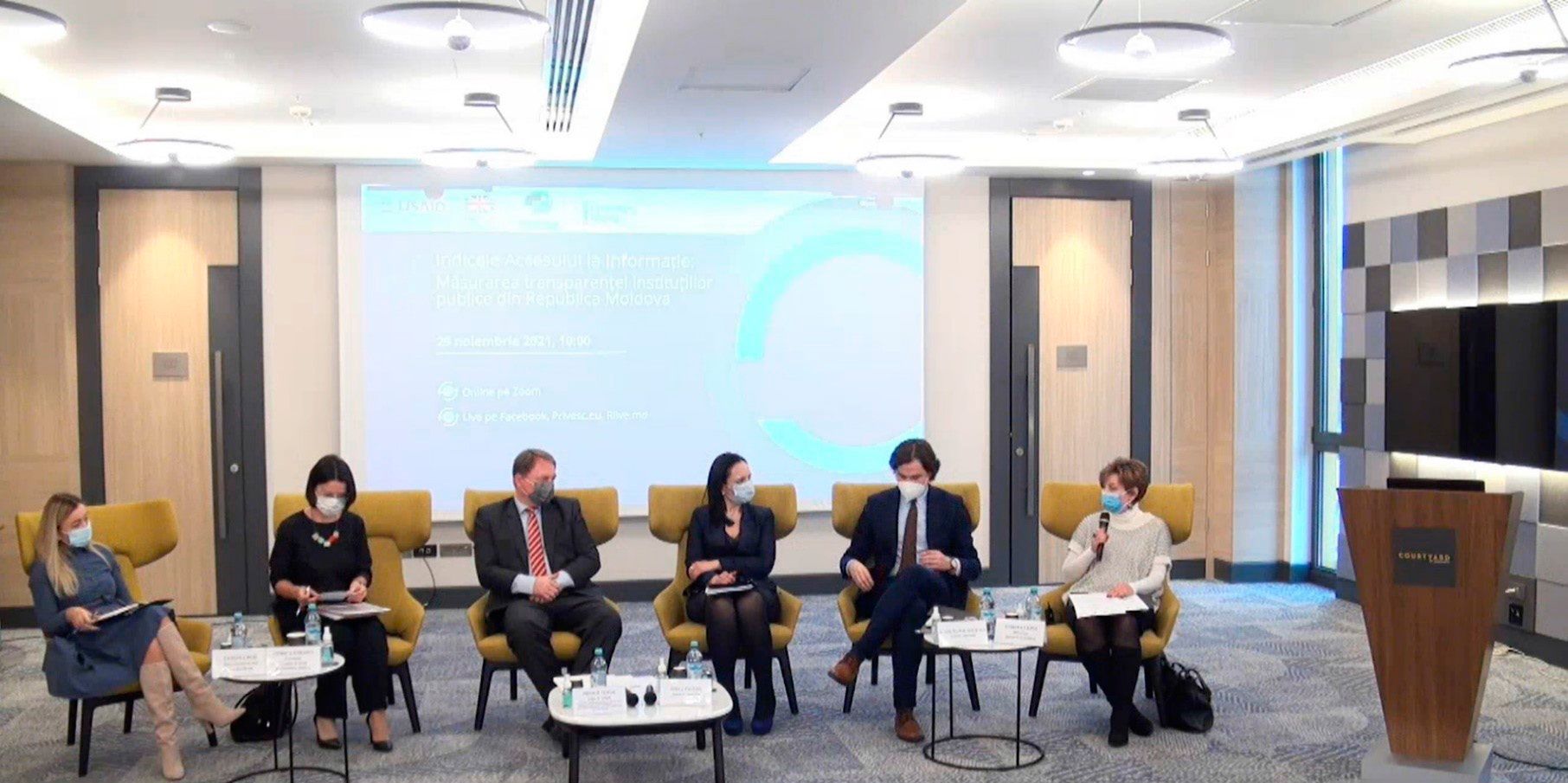
ДОСТУП К ИНФОРМАЦИИ И ПОВЫШЕНИЕ ИНСТИТУЦИОНАЛЬНОЙ ПРОЗРАЧНОСТИ – В СПИСКЕ ОБЯЗАТЕЛЬНЫХ К ИСПОЛНЕНИЮ УЛУЧШЕНИЙ В РЕСПУБЛИКЕ МОЛДОВА
On 29 November 2021, the EU funded project “Support for structured policy dialogue, coordination of the implementation of the Association Agreement and enhancement of the legal approximation process in the Republic of Moldova,” represented by the Team Leader Primož Vehar, took part in an online event organised by the Freedom House dedicated to the presentation of their findings of a special report on the topic of Access to Information “Freedom of Information Index: Measuring Transparency of Public Institutions in Moldova”, which assessed existing legal and other issues that can significantly improve access to information of public interest.
The event was attended by a series of EU and US experts and provided an opportunity for civil society representatives, the media, the international community and public authorities to meet and discuss the challenges facing the Republic of Moldova in accessing information, analysing civil society recommendations and exploring solutions to improve access, but also to provide information and ensure the development and implementation of a regulatory framework in accordance with international commitments.
The main report was drafted by the Freedom House experts and includes the results of a comprehensive analysis of the degree of transparency of public institutions in the Republic of Moldova, which was based on an original methodological approach developed for the purpose of this analysis and took into account international standards and best practices. This methodology combines legal analysis with review of practice, using sample of over 50 public bodies.
Using an appropriate methodology, inspired by international standards and best practices, the experts assessed three main pillars that constitute an effective transparency ecosystem. As a result, Moldova received 46 points overall out of 100 on the Freedom of Information Index, as illustrated on the graph. This demonstrates major transparency deficits across all three areas of assessment.
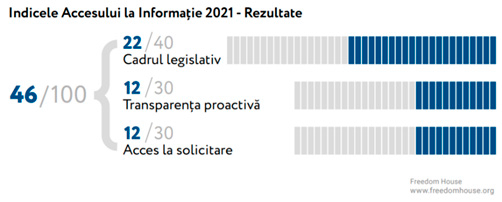
During the event, in a round table discussion, Mr. Vehar presented the conclusions identified by the EU project that supports the Government of the Republic of Moldova in implementing the Association Agreement. Within the presentation, available on YouTube, Mr. Vehar besides many practical examples, highlighted the main issues identified during the analysis of the legislative framework of the access to information domain in the Republic of Moldova, namely:
◊ Ineffective procedure of access to information upon request;
◊ Weak guarantees of pro-active transparency;
◊ Lack of supervision – due to no specialised body responsible for this matter;
◊ Re-use of public sector data not addressed.
In addition, Mr. Vehar, shared with the audience the potential models for ensuring the institutional framework for supervision, referring to four possible options, such as keeping the Status Quo – no specialised body; setting up an Independent specialised body; adding this task to the Ombudsman institution; or merging Free Access to Public Information supervision with the Personal Data Protection Authority. Each model was presented from the perspective of ensuring accessible and transparent information to interested parties, including mass media, especially access to information of public interest.
At the same time, Mr. Vehar shared several practical examples from other countries also trying to join the EU, which clearly showed that Moldova is not the only country which has a need to introduce improvements in the legislative framework of the Freedom to Information and in its practical implementation.
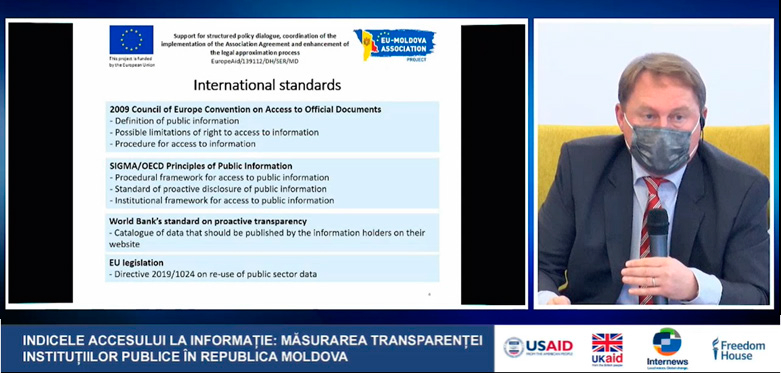
According to both, the experts of the EU funded project and the authors of the Freedom House research, the existing problems related to the access to public information can be progressively eliminated, starting with a new law on access to public information, which would prioritise pro-active transparency and streamlining of the system for monitoring and controlling how public authorities ensure access to information. Hence, one of the main conclusions was that the new law on access to public information must be drafted in an open process and in close cooperation with civil society organisations, and the main role in this process must be played by one of the ministries, the most appropriate being the Ministry of Justice. Consideration should also be given to setting up an independent supervisory institution responsible for ensuring access to information, which will examine complaints about the refusal to provide the requested information, while having control powers, including the right to impose sanctions. In this regard, the EU funded project team of experts will reach out to appropriate ministries and agree on next steps as well as the type of assistance that may be provided to improve this matter of public concern.
A good law, drafted by the executive and adopted by the Parliament after an open and transparent legislative procedure is a first important step, to be followed by promoting the culture of transparency, effective enforcement of the right to information, extensive awareness raising events as well as training efforts that proper implementation can be possible. The EU project’s team, in cooperation with other partners, will be providing further support in achieving progress on free access to public information means.
The EU-funded project “Support for structured policy dialogue, coordination of the implementation of the Association Agreement and enhancement of the legal approximation process in the Republic of Moldova” aims at increasing the capacities of the Government of the Republic of Moldova and other key national institutions in implementing the EU-Republic of Moldova Association Agreement. The project’s work is arranged into 4 components contributing to the further enhancement of structured policy dialogue with civil society, improving policy development mechanisms for adequate budgeting of strategic documents, supporting the legal approximation process by providing technical expertise and capacity building as well as upgrading the IT systems in public administration supporting the implementation of the Association Agreement. The project is implemented by a consortium led by DAI – Human Dynamics for a five-year implementation period.
